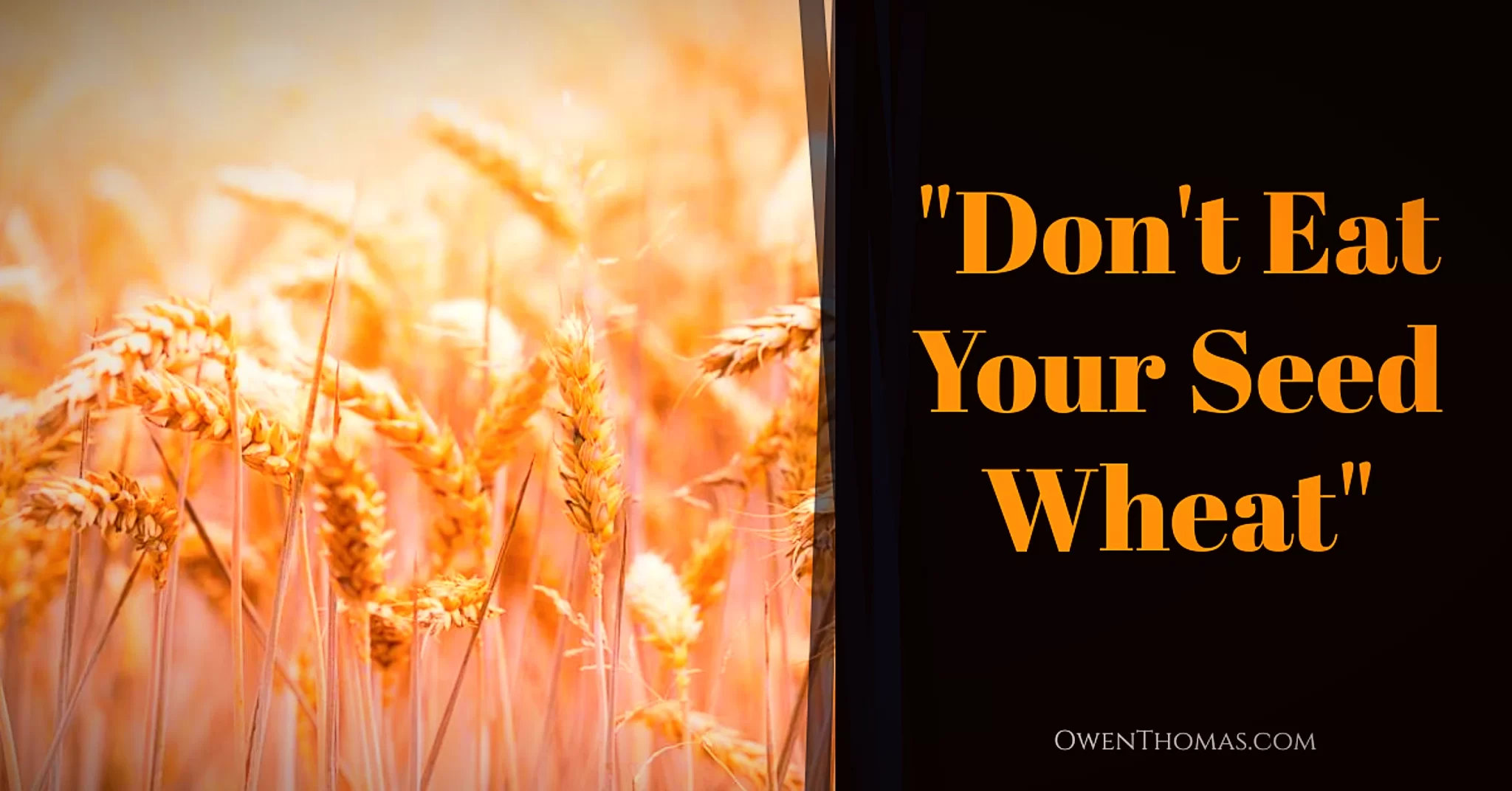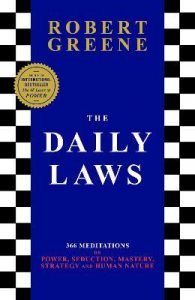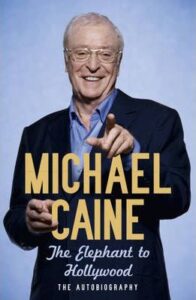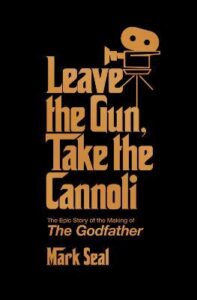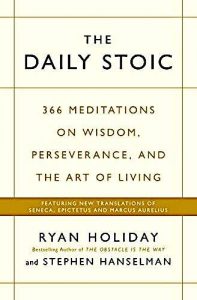“Summer is over, the harvest is passed, and we are not saved …”
I recently watched a great cooking show about making pizza dough. The discussion revolved around what flours were the best. The chef, Simon Bryant, revealed that he likes to use a flour called Pharaoh Flour. That was the cue for the short story segment as these shows go. We see Simon walking through acres of golden eared wheat just before harvest – “cut to” the owner of the farm. They revealed the wheat was special dry climate wheat originating from Egypt. Exceptionally suited to the Australian dry climate, something our early settlers would have appreciated. It had been thought to have died out 1000’s years ago or hybridized into our more common cold and wet climate wheat. It is effortless to digest and very high in essential nutrients and protein. More body-friendly than our current varieties.
Why am I going on about “wheat”, you ask – well, here is the point of the story. The ancient Pharaohs were often buried with everything they might need in the afterlife, including wheat. Archaeologists found a small quantity of the ancient grain while excavating one of the tombs. Some 25 odd years ago, one Australian farmer was given five grains, that’s right, just five small insignificant grains, to see what they could do. It was their “seed wheat”. Our farmers planted them in their veggie patch, hoping to create a premium and more profitable wheat. So they could keep an eye on the tiny plants and protect them from any pests or hungry birds. On each harvest, they took the ears of wheat, stored them carefully and replanted the seed wheat again the following season. Season after season, year after year, they completed the process. Nurturing and protecting each grain as though it was gold itself; because it was. Now with 100’s of hectares of Pharaoh Wheat, there is ample enough to go round for everyone. They have created an extremely profitable business. They have a unique and special product and can charge a premium price.
“The habit of saving is itself an education; it fosters every virtue, teaches self-denial, cultivates the sense of order, trains forethought and so broadens the mind.” – T.T. Munger
Some years ago, I was fortunate enough to sit in a room with around 30 people listening to a multi-millionaire. He had come from being a university dropout fast food hand to owning a business that was turning over several 100 million dollars a year; and an extremely extravagant lifestyle. As the meeting started, we were all asked to write down what we would do with 5 million dollars. Then, a few minutes later, he went around the room asking people what they had written. Of course, the usual things came out, by a big new home, a Ferrari, a New Mercedes, or travel the Bahamas’, and I am sure you could add to the list.
His response was designed to shock us and wake us up. He declared that we all had “poverty thinking”—the thinking of people who would never be rich or wealthy. We were told that wealthy people would invest it all and use it to make more money and that, in turn, to make more money. Taking that approach, not only would we get all that we had written down but more than we could ever have imagined.
“Do not save what is left after spending; instead spend what is left after saving.” – Warren Buffett
I paid my way through university, selling door to door a product that a couple of friends of mine had developed. It was a good but cheap impulse-buy product. We would look for the nearest Kmart or Target when looking for potential markets. We had heard those retailers would move into an area with 100,000 CASH customers. The social demographic had money in their pockets and were ready to burn. This was the early 80s. We would regularly make between $20-$40 per hour, cash, and, on the odd occasion, $100 an hour. Pretty good for university students in the 80s. We never did very well in the affluent suburbs.
As I write this, I have just heard a radio news story about the recently planned cash injection by the current Australian Federal Government – billions of dollars. There will be a lot of money given to “low and middle-income earners”. My parents, as pensioners, are going to pick up the best part of $2000. My immediate thought was, “I wonder how I can help them turn that into a lot more”. Yet the radio report went on to say they were targeting this group, as they knew that they would spend it and stimulate the economy. The other groups would save or invest it. There is a lesson there in wealth creation in one sentence. And people wonder why the rich get richer and the poor poorer. (I can see the Plasma Screens walking out the door).
“Too many people spend money they haven’t earned, to buy things they don’t want, to impress people that they don’t like.” – Will Rogers
You may be reading this article when this particular event is done and dusted and other news headlines dominate the airwaves. Yet the principles still apply. There will always be windfalls of some description coming your way. They may be grants or the death of someone in the family, or perhaps some investment or business idea appears. The size is not essential; what you do with it counts. They may be windfalls that you don’t even recognize, such as a cut in interest rates or simply having a weekly income from your work or business. Please remember a job and a consistent income is a windfall for some people and countries at times in the economic cycle. What you do with your modest grains of opportunity will determine your harvest that may feed your family for generations or just this week’s Saturday night’s special treat.
Are you seriously looking to build wealth and a better life for yourself and your family? Do you have your goals written down? I have my answers. I set strategies and discipline myself and practice delayed gratification with my profits. Do I always get it right? “No”! Sometimes those mistakes cost me time and a lot of money. And at other times, sometimes it’s nice to reward myself for all the hard work I’ve done. But I keep that reward in perspective with my goals and double-check whether my thinking is wealthy or poverty-oriented. If I choose to reward myself, I find rewards that support me somehow. It may be in my relationships, health, or emotional and mental wellbeing. I have found the healthier and happier I am, it pays off on the bottom line. I am less stressed and make better decisions. And most importantly, I enjoy life.
Pharaoh flour is now sold worldwide, and 1000’s of loaves of bread are baked and sold every day. What would have happened if a couple of years into the early development of the new (old) grain, the farmers had decided it was all too hard, ground the seed into flour, made up a couple of batches of hot cross buns, and had a grand Harvest celebration? I guess it is all in the book title of the great author and student of wealth – Napoleon Hill –”THINK and GROW RICH”. It’s all in our thinking and not eating our seed wheat.
Till Next Time – Something to Think About & Share
Resources & Further Reading
Rich Dad Poor Dad: What the Rich Teach Their Kids About Money That the Poor and Middle Class Do Not! – Robert T Kiyosaki
Think & Grow Rich – Napoleon Hill
Play the Cashflow Game for Free – Learn how to build wealth – it’s fun; it’s like playing Monopoly.
